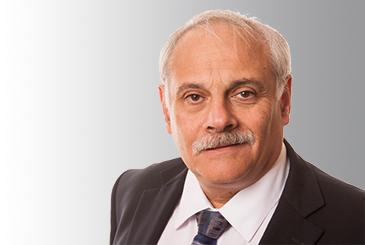Powers of attorney give people the power to help you do the things you may not be able to due to mental or physical infirmity. This can be very helpful. If you are still able to make your own decisions but due to ill health or physical frailty, need some help from time to time, powers of attorney can help you organise your finances, and perhaps allay any concerns you have about future mental frailty.
There are two types; Ordinary Power of Attorney and Lasting Power of Attorney.
What Is An Ordinary Powers Of Attorney?
These give someone else, who is known as your attorney, authority to act on your behalf. They can only make decisions for you and take action about your finances while you still have mental capacity, so you always know what your attorney is doing. You can limit the power so that only certain types of decision can be made, such as decisions relating only to your bank accounts and not to your home. These types of powers of attorney are very helpful if you may be going on holiday or you live abroad and want someone to look after your finances or a transaction for you.
At Healys we are happy to draft your Power of Attorney and to act as your attorney if you wish. We appreciate that travel and time constraints can make it difficult to always be available to sign documents – Powers of Attorney can offer a solution to this issue.
What Is A Lasting Powers Of Attorney?
These give someone the authority to make decisions about your finances and property or your health and care if you were to lose mental capacity. Mental capacity is the ability to make a specific decision at the time it needs to be made, and lasting powers of attorney can give you peace of mind that someone you trust will be able to make decisions for you if the need arrives where you are unable to make decisions yourself. Lasting powers of attorney can also be used to give instructions to your attorney to do something which you cannot physically do, such as set up a direct debit, do your online banking or pay your mortgage.
Lasting powers of attorney can be used at your direction, so you can tell your attorney what you would like them to do and they will be the ones to do it. In the event that you lost mental capacity, your attorney would then make decisions for you based on your best interests at that time. Alternatively, your Lasting Power of Attorney can be organised so that it only comes into force if you lose mental capacity.
An attorney is never able to make decisions for you unless you have been consulted and it is clear you cannot make a decision which needs to be made. Further, they are only able to make decisions for you which are in your best interests, and only yours.
There are two types of Lasting Power of Attorney; LPA for financial decisions and LPA for health and care decisions. LPA for financial decisions would be used to sell your home, invest your money or arrange repairs to your property. LPA for health and care decisions would be used to make decisions about things such as where you should live, what you should eat and what sort of medical care you should receive based on your wishes known to the attorney.
If you do not have an LPA for financial decisions, your family and friends will not be able to make decisions on your behalf regarding your finances and in this situation the Court of Protection would need to be involved. Conversely, if you do not have LPA for health and care decisions, any decisions about your healthcare or where you live will be made by doctors or the Council who will make a decision based on your best interests, but also taking into account their own financial constraints. These may not ultimately be in your best interests or concur with what you would want.
The role of your attorney involves a great deal of power so it is important to appoint someone who is trustworthy, good with money and shrewd. You can choose a friend or family member, or alternatively a professional such as a solicitor. It can be a good idea to appoint more than one attorney to make decisions either together or separately in case something happens to one of your attorneys or you do not like the idea of one person acting alone. Your attorneys can claim back their expenses but not money for their time unless they are a professional attorney, such as a solicitor who will charge fees.




